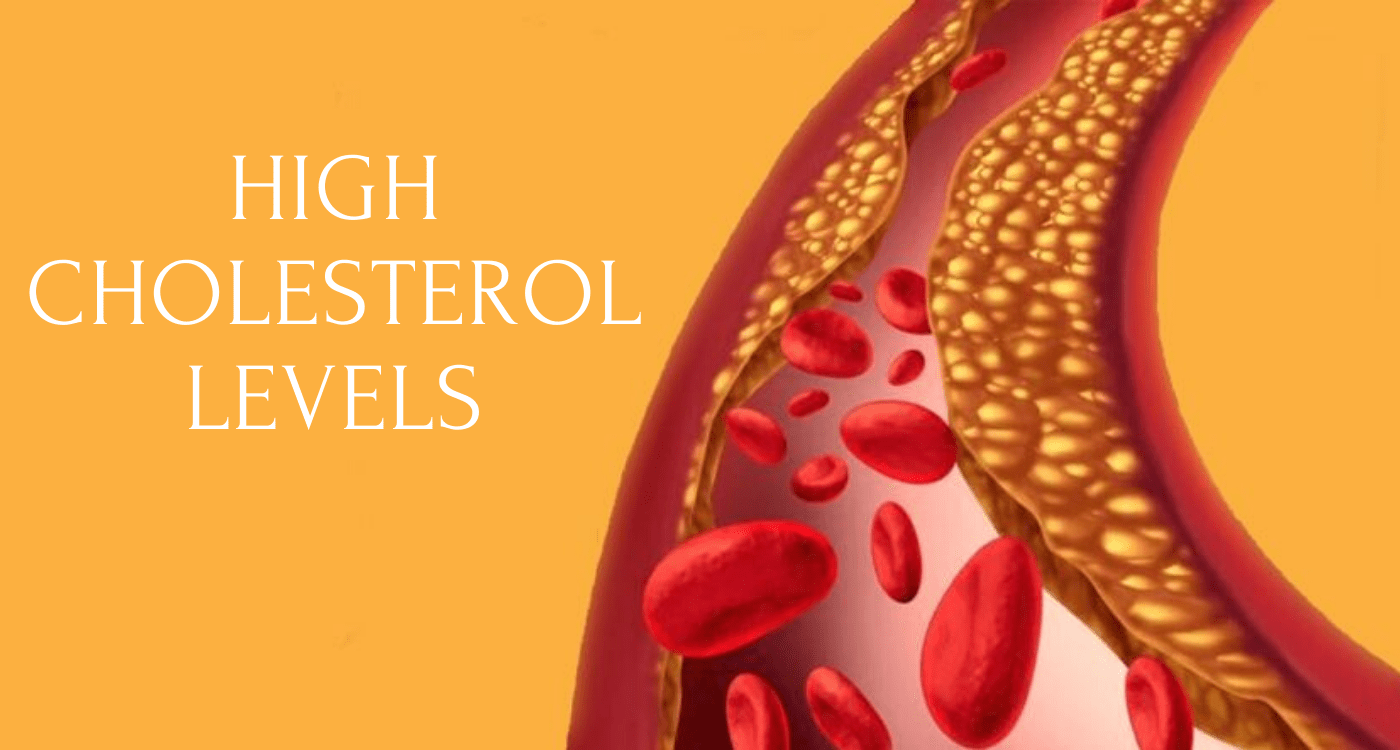Cholesterol is a fat found in human blood and is essential in the synthesis of cell membranes, certain vitamins, some hormones, and bile acid. However, high cholesterol levels can result in diseases like thrombosis and coronary artery disease. Other conditions like obesity, type 2 diabetes, and stroke can also occur. The following tips are essential to learning how you can manage your cholesterol levels.
Exercise
Exercises such as running, yoga, and weight lifting can help to manage cholesterol at a suitable level. Exercising enables the body to accumulate high level of high-density lipoprotein (HDL) cholesterol, as well as lowering the amount of triglycerides in the blood. HDL cholesterol inhibits the accumulation of bad cholesterol (LDL).
Exercise can also modify the make-up of cholesterol by altering the size and the number of the cholesterol-carrying particles. The large cholesterol particles are less likely to block the arteries. This prevents heart-related conditions such as heart failure. 150 minutes of moderate physical exercise every week is recommended. A combination of exercise and changes in the diet lowers the levels of low-density lipoprotein (LDL) cholesterol in the blood.
Change in lifestyle
Lifestyle can increase the risk or prevent a wide range of diseases that affect different body systems such as the cardiopulmonary system. Smoking reduces the amount of HDL in the blood and raises the amount of LDL cholesterol. Cigarette smokers also have a higher likelihood of contracting heart disease.
Overweight people should work hard to reduce their body weight. Loss of weight lowers the amount of LDL cholesterol in the blood and elevates HDL cholesterol levels. It also prevents the hepatocytes from producing excessive cholesterol.
Proper diet
Various types of food may result in elevated levels of cholesterol, hence they should be avoided or consumed in small amounts. These include trans fats commonly found in margarine, deep-fried meats, and desserts such as cakes. Processed foods such as sausages and hot dogs are should also be eliminated from your diet, especially for people with obesity.
Fried red meat has large amounts of calories, which causes obesity and leads to heart disorders. They affect the fat metabolism within the body, which can lead to the accumulation of fat in the belly. Cakes and pastries lack essential minerals and healthy fats. Limiting these types of food is crucial in preventing heart-related disorders.
More healthy foods, which are free from cholesterol, should be taken. They include vegetables, legumes, fruits, nuts, and soy products. Foods such as avocados and olives contain unsaturated fats, which elevate HDL levels. Beans contain soluble fiber, which increases the strength of blood vessels. They also aid in lowering the levels of LDL.
Medication
There are certain drugs that lower the levels of triglycerides and LDL in the blood. These prescription drugs include pravastatin, simvastatin, atorvastatin, rosuvastatin calcium, pitavastatin, and fluvastatin. Nexletol can also be used as it prevents cholesterol processing by the liver.
Niacin elevates the levels of HDL cholesterol and reduces the levels of LDL. Protein blockers, such as evolocumab, decrease the amount of cholesterol in the body.
The right medications prevent complications such as heart failure and heart attack. Regular cholesterol checkups are also very important – this will enable you to know your cholesterol levels.
In case of high cholesterol, the medical physician will advise you on the types of food you should take and the ones to should avoid. The doctor can also identify the effectiveness of various drugs and their side effects. When the side effects are too severe, the doctor might change the medication.
These tips are of great help in the management of your cholesterol levels. The importance of exercise and a good lifestyle cannot be overlooked, and it’s something you can start immediately and affordably. Various types of medications that are effective in lowering high cholesterol have also been pointed out. Always consult the doctor when the prescribed medications have adverse effects.




